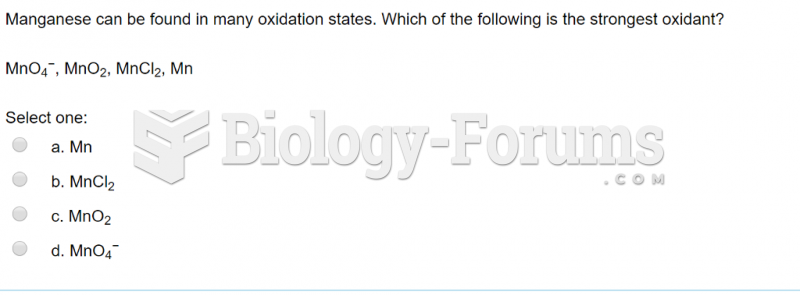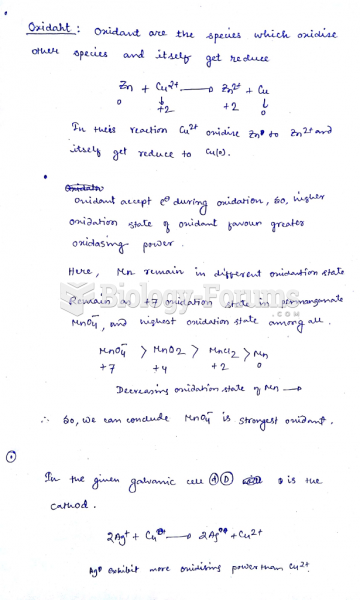Answer to Question 1
Yes
There was substantial evidence that Nguyen was not induced to engage in the two initial transactions. Before he was approached by Carroll, Nguyen had been given notices about the hazards of illegal pseudoephedrine trafficking. Despite these notices, he had already obtained large quantities of the drug, far beyond what was necessary for the normal day-to-day business of a neighborhood convenience store. Also, Carroll did not threaten, coerce, plead, or attempt to persuade Nguyen in a manner that could reasonably be construed as overcoming the resistance of a heretofore law-abiding citizen. Finally, from the first encounter with Carroll and throughout each transaction, Nguyen seemed to be familiar with the illegal sale of pseudoephedrine: he did not sell the pills for their regular price; he stopped discussing matters whenever other customers entered the store; he took large cash payments; he pocketed Carroll's money instead of placing it in the cash register; he was prepared to package the pills in a less-identifiable container; and he was concerned about who Carroll's friends were. This is not the conduct of an otherwise innocent person.
Answer to Question 2
No
To be entitled to an entrapment instruction, a defendant must produce more than a scintilla of evidence of inducement, defined as solicitation plus some overreaching or improper conduct on the part of the government. At no time during the three-month negotiation process did Stevenson threaten Hsu or his family. At no time did the agent play upon Hsu's weaknesses, or attempt to engender improper sympathy for the agent. A fair reading of the record reveals that the passing mention of these rewardsthat Hsu's friend in China could be an exclusive representative and that Hsu would be paid a percentage of mail serviceswere mere banter. At most they were only the most mild form of persuasion; they were certainly not sufficient to implant a criminal design in the mind of an otherwise innocent party and so do not present evidence of inducement. Mild forms of persuasion do not present evidence of inducement. Similarly, although Stevenson could fairly be described as a somewhat persistent (and loquacious) salesperson, he never pressured Hsu to complete the sale; indeed Stevenson's frequent warnings about the illegality of the export would likely have persuaded an otherwise innocent party to back out of the deal. Hsu, unlike most defendants who contend government agents entrapped them, initiated discussion of the scheme; Hsu telephoned Mykotronx to request information on the company's KIV encryption device. At that time, however, Hsu did not know that export of the device would violate the law. Stevenson, the government agent, informed Hsu of the illegality of the transaction in their very first conversation, but also stated that he would be willing to arrange a sale if Hsu had a way to get the devices out of the country. Thus, although Stevenson did not initiate discussions with Hsu, he did solicit Hsu, in that he provided Hsu with an opportunity to commit a crime. But, as even Hsu concedes, solicitation does not constitute inducement, and evidence of solicitation does not entitle a defendant to an instruction on entrapment. Rather, Hsu must offer some evidence of government overreaching; some excessive pressure by the government upon the defendant or the government's taking advantage of an alternative, noncriminal type of motive. Not only did Hsu initially request information on the KIV unit, albeit without knowing that its export was illegal, but even after being informed of the illegality, Hsu telephoned Stevenson again, on his own initiative, to determine how to proceed with the illegal sale. In subsequent conversations to finalize the sale, Stevenson informed Hsu more than a dozen times that exportation of the KIV units violated the law; yet Hsu never indicated he did not want to go forward with the illegal sale. After scouring the record, the court said it could not find even a scintilla of such evidence.







